Opalesque Exclusive: Ethical value investing fund plans on becoming more active
July 8, 2014
Benedicte Gravrand, Opalesque Geneva for New Managers:
The manager of a three-year old ethical value investing fund talks about the types of companies he searches, economic moat, value strategies and his activism plans. Abdulaziz A. Alnaim, President and Fund Manager at Mayar Capital Management, a $21m Cayman-registered asset manager with offices in Al-Khobar, Saudi Arabia, recently talked to Opalesque about the Mayar Fund.
The fund mainly invests in equities globally ands seeks to achieve its objective over the long term (defined as a minimum of five years) by applying a disciplined value investing strategy to the selection of securities. It only invests in securities that comply with Islamic ethical standards, aka the Sharia standards.
The managers at Mayar try to identify the types of companies that they want to own before deciding whether the prices are attractive, he explains. And the most important thing they look for is an economic moat; "some sort of barrier to entry that keeps competitors away and gives the business the ability to earn superior economic returns, turning themselves into capital compounding machines," he adds.
Renowned investor Warren Buffett coined the term 'Economic Moat’ (a competitive advantage that is difficult to copy or emulate). Buffet said that he seeks "economic castles protected by unbreachable 'moats.' " The idea is to buy, when they are reasonably priced, shares of companies that dominate their industries and show clear potential to maintain their superiority over decades," writes Jonathan Burton in the Wall Street Journal. Apparently, Morningstar describes five ways moats develop. In the first, the so-called network effect, a service becomes increasingly valuable as more people adopt it. Second, customers lack incentive to embrace a competing product. A virtual monopoly or control of a limited market can be a third type of moat, such as an airportservices provider would command. A fourth consists of proprietary brands, patents and licenses that create consistent cash flow. And a final advantage is pricing, or the ability to sell a better product cheaply, generating higher profit margins.
Aside from the moat, the managers at Mayar also want to make sure their companihave business models that they understand very well; ethical products and services; favourable long-term economic prospects; a good financial position and quality; and shareholder-friendly management.
"Once we’ve identified such companies, we want to buy them at those rare instances when they are trading at a discount to our estimate of intrinsic value," Alnaim says.
To find companies that meet the criteria, his favorite method is to look for "companies up and down and right and left from companies we already like," that is, competitors, suppliers, and customers. All help expand their knowledge of an industry and often are a source of ideas too. Mayar also watches what other similarly minded investors are doing by looking at 13F filings and reading interviews for example. Finally, they also conduct "old-fashioned quantitative screening."
Finding value stocks is currently a challenge for investors as valuations look stretched in almost all corners of the market after five years of bullishness, reports Nasdaq.com. As value stocks have typically outperformed in periods of consolidation, there may be a good time for them soon.
But, Alnaim notes, the environment is still good for value investing; "there are opportunities to be found, but not as many as 2008, 2009, or even 2011. But it’s not as bad some years where we couldn’t find any ideas, like 2007."
According to him, research finds that value strategies such as Mayar’s will have periods of underperformance that can last up to three years. "Part of a value manager’s job, I believe, is to first make sure that his or her investors share that long-term investment horizon and then continue to communicate the strategy with them. We do no cater to short-term investors."
Mayar is setting its sight to a more dynamic future. Indeed, as the fund’s assets grow, the managers intend to take on a more active role in the companies they invest in.
"We’ve been in situations in the past where it took a very long time for value to be unlocked at a company," Alnaim says, "and I felt that we could have been able to accelerate that process had we been able to engage actively with management and the board. In the meantime, we frequently invest in companies alongside activist investors."
To read the full article on Opalesque, click the link.
